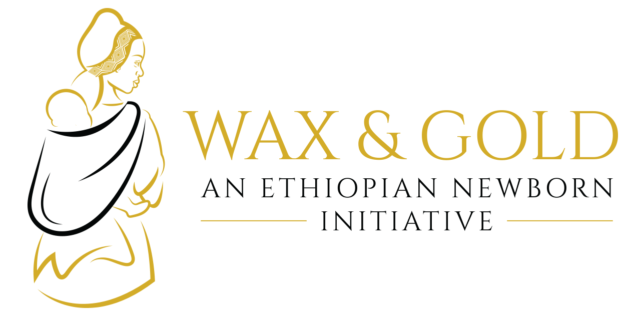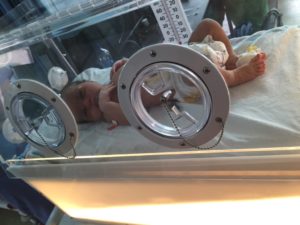The pillars of our evidence-based approach are curriculum development, education, facility improvement and direct patient care.
What we do:
Needs Assessment: At the invitation of partnering hospitals, we do needs assessment on facility development, human resource development and curriculum development.
Facility Improvement: We work closely with physicians, nurses and ancillary staff to rethink the use of existing space to maximize capacity and improve workflow — often at little or no cost.
NICU Design Consultation: The architectural design of a hospital facility, as well as its equipment, documentation and workflow organization have a huge impact on the safety and quality of health care. This is true across the healthcare spectrum, from the most sophisticated hospitals in a resource-rich country to the smallest clinic in a resource-limited and underserved setting.
Curriculum Development: We work directly with referral hospitals in Ethiopia in developing new training programs that are evidence-based, culturally sensitive, cost-effective, sustainable and specific to resource limited settings. Our aim is for these programs to be duplicated nationwide.
Curriculums developed at SPHMMC to date and the first of their kind in Ethiopia include:
- Neonatal Advanced Life Support and Transport program
- Post-Master’s Certificate in Nursing Education.
- Specialized NICU nursing orientation program
- Masters of Science in Respiratory Care.
Education and Training: With our partners and our multidisciplinary volunteer team, we train neonatal healthcare professionals in Ethiopia in their own clinical setting. Our aim is to build capacity and build a train the trainer model ensuring sustainability.
Recommendation of Medical Equipment: We identify and recommend NICU medical equipment that will be sustainable in a resource-limited settings.
Research and Development
Distant Consultation: Between trips to Ethiopia, our volunteers serve as consultants to our colleagues in Ethiopia discussing challenging cases to help improve care.

